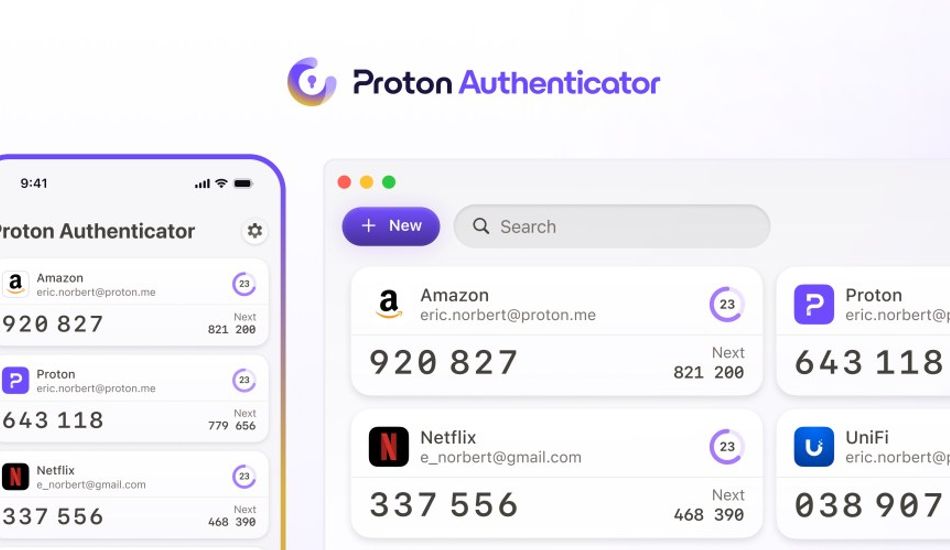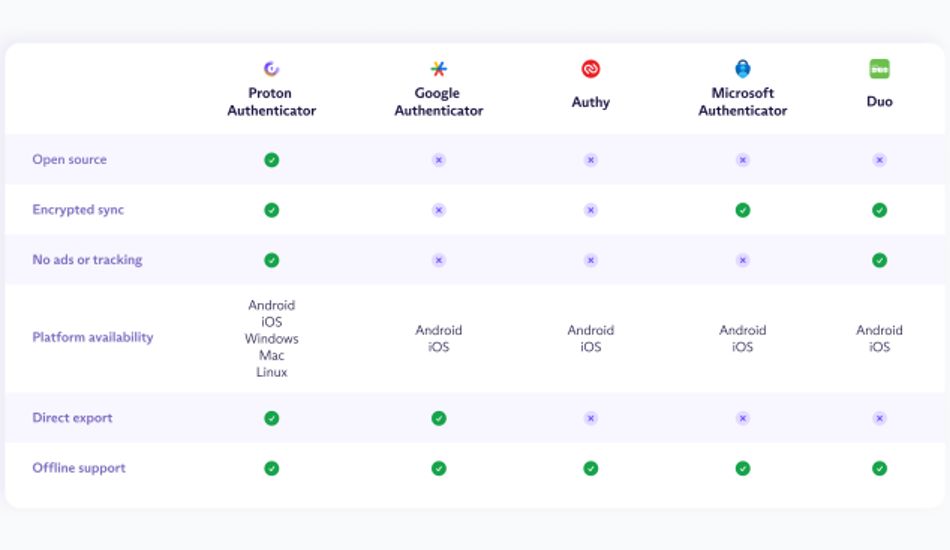
Proton Introduces New Authenticator App for Enhanced Security
Hey everyone! I've got some interesting news from Proton, the company known for its privacy-focused approach. They've just launched a new authenticator app, and it looks pretty slick. You know, in this day and age, with all the online threats, two-factor authentication (2FA) is no longer optional—it's a must.
What's cool about this app is that it's available on basically every platform you can think of: iOS, Android, Windows, macOS, and Linux. Plus, you can sync your codes and accounts across all your devices, which is super convenient. We all know how annoying it is when you can't find that one device with your 2FA codes. To me, It's a good move for users who want a single place to manage their 2FA accounts.
And here's the kicker: like Proton's other products, this authenticator app is open source and uses end-to-end encryption. So, you can rest assured that your data is safe and sound.
Easy Transition and Offline Access
According to Proton, getting started is a breeze. You can easily import your login codes from other authenticator apps, so you don't have to manually add everything. Also, the app automatically backs up your codes and works perfectly fine without an internet connection. I think it's a great feature because you're not always online, right?
Eamonn Maguire, Head of Account Security at Proton, said that they built Proton Authenticator for anyone who wants a secure, transparent, and convenient way to protect their accounts. He added that they believe strong security shouldn't come at the cost of convenience or privacy. I agree with him.
Using an authenticator app for 2FA adds an extra layer of security, which can really prevent attackers from taking over your accounts. While SMS-based 2FA exists, it's vulnerable to SIM swapping attacks. So, using an app is a much safer bet.
As a side note, Proton has been on a roll lately. Just last week, they launched a privacy-focused AI chatbot called Lumo, which doesn't keep any conversation records or use user data to train its models. It's good to see companies focusing on user privacy.
1 Image of Proton Authenticator:


Source: TechCrunch